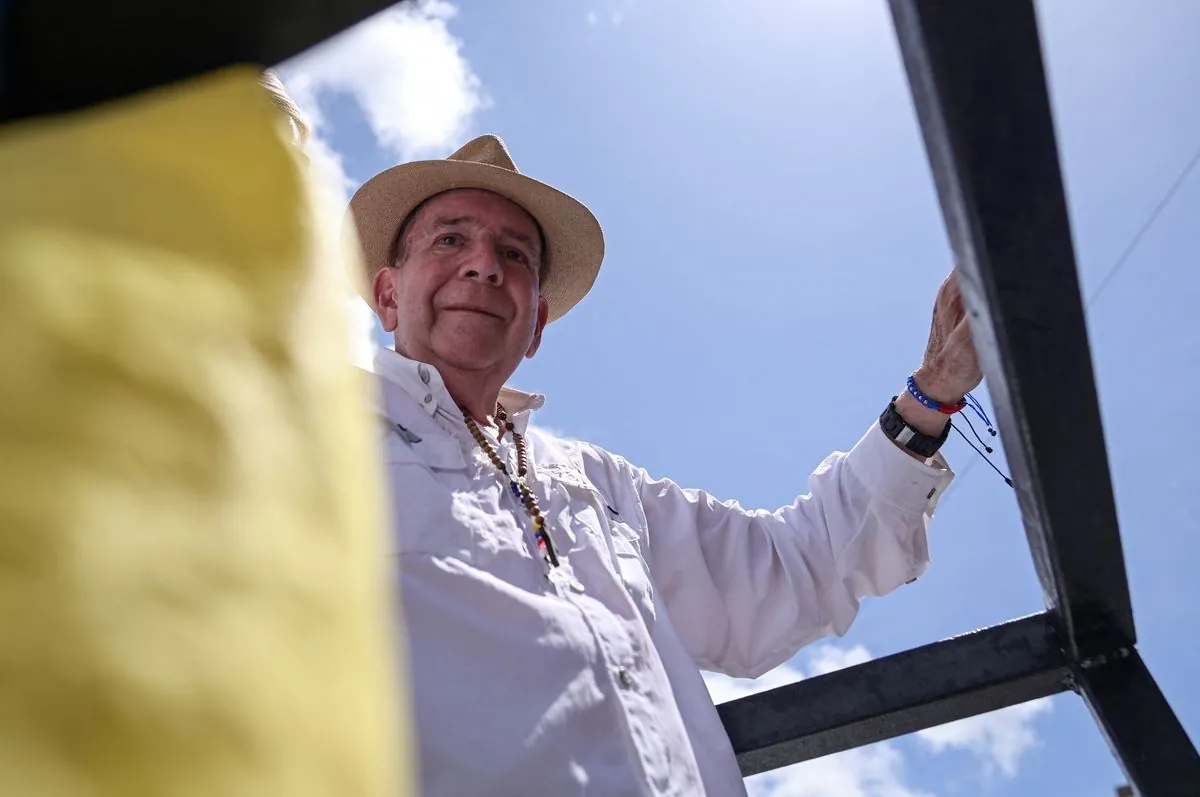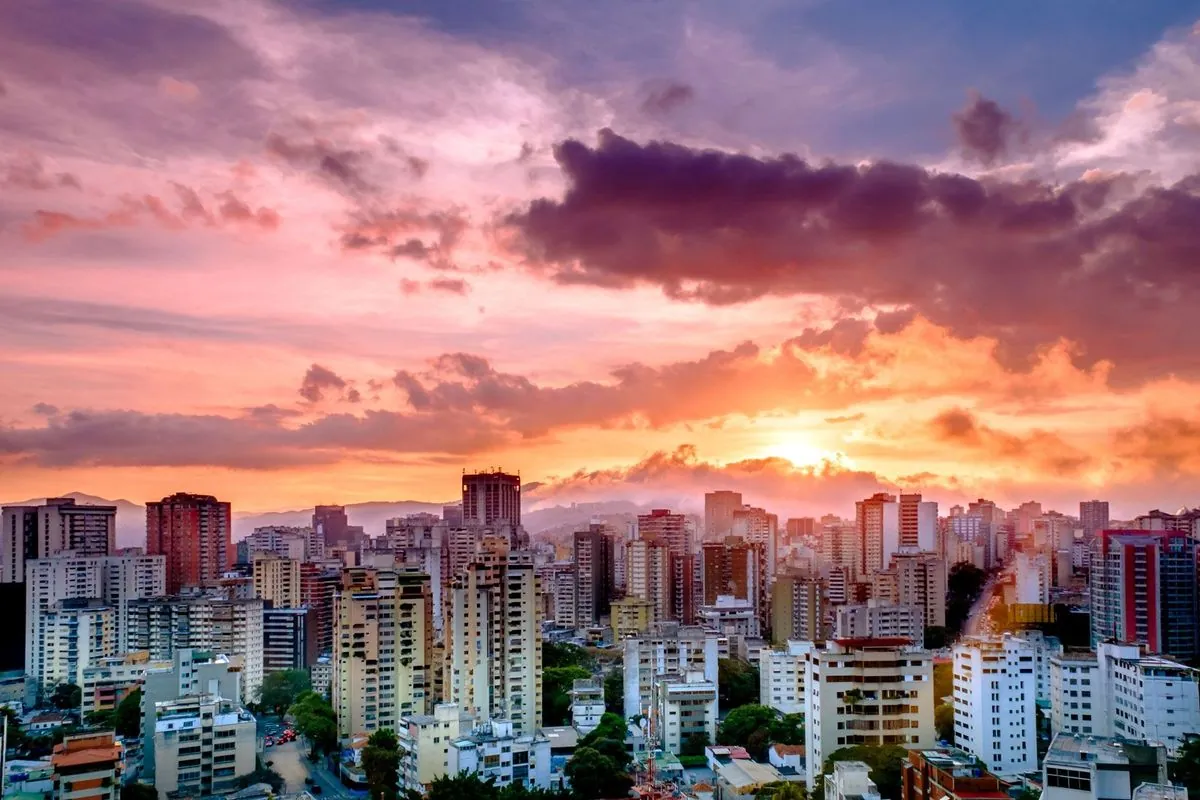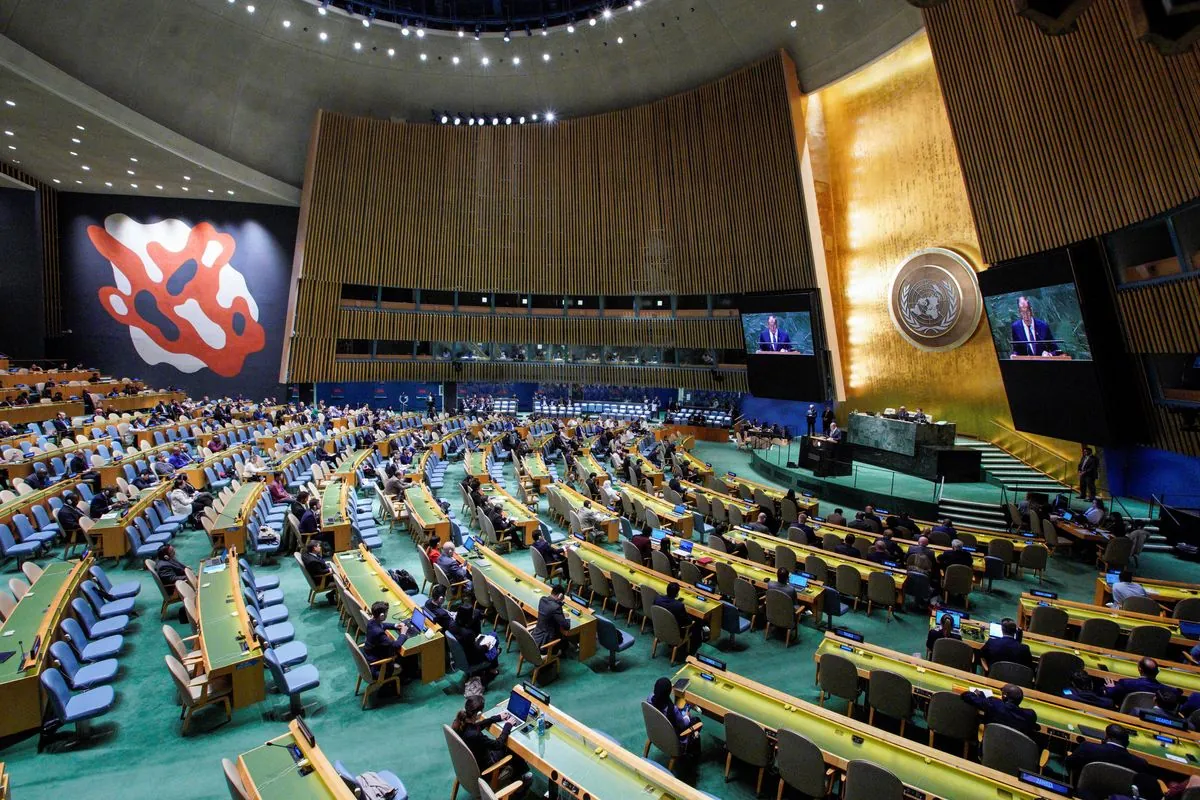Venezuelan Opposition Figure Flees to Spain Amid Political Tensions
Former presidential candidate Edmundo González has left Venezuela after seeking asylum in Spain. The government granted safe passage, citing a desire for political stability.

In a significant development for Venezuelan politics, former opposition presidential candidate Edmundo González has departed the country after seeking asylum in Spain. This event, occurring approximately two months after the July 2024 presidential election, highlights the ongoing political tensions in the South American nation.
According to Vice President Delcy Rodriguez, González had been sheltering at the Spanish embassy in Caracas prior to his departure. The government of President Nicolás Maduro, which had previously ordered González's arrest, made the decision to grant him safe passage out of Venezuela. This move was reportedly aimed at fostering political peace within the country.
Venezuela, home to the world's largest proven oil reserves, has been grappling with severe economic challenges since 2013. The nation, once among Latin America's wealthiest, has experienced hyperinflation and a mass exodus of its population, estimated at around 28 million. These factors have contributed to the complex political landscape that forms the backdrop to González's departure.

The opposition in Venezuela has faced significant hurdles and repression, with international organizations accusing the government of human rights violations. The fragmentation within opposition ranks has made it difficult to present a united front against Maduro's administration, which has held power since 2013.
Spain's involvement in providing asylum to González is not unprecedented, as the European nation has previously played a mediating role in Venezuelan political conflicts. This latest development may have implications for diplomatic relations between Venezuela and Spain, as well as for the broader international community's approach to the Venezuelan crisis.
As of now, neither González nor representatives from Venezuela's opposition have commented on this turn of events. The silence leaves room for speculation about the potential impact on future opposition strategies and the overall political climate in Venezuela.
This situation unfolds against a backdrop of international sanctions and a struggling economy heavily reliant on oil exports. The capital city, Caracas, known for its high crime rates, serves as a stark symbol of the challenges facing the nation.
As Venezuela continues to navigate its political and economic difficulties, the departure of a key opposition figure like González may signal a new chapter in the country's ongoing struggle for stability and democratic representation.


































